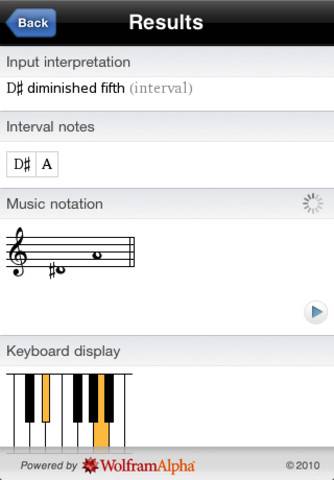That the Web has revolutionized music is not exactly a news flash, but most people typically think about that in terms of music consumption. iTunes. YouTube. SoundCloud. Spotify. Group listening sites like Turntable.fm. Recommendation engines like those of Pandora, Last.fm and the Echo Nest. Now voice-controlled Internet radio apps are coming pre-installed in new cars. There’s no doubt that they way people discover and listen to music has changed radically, and will continue to do so.

The Internet and mobile technology are beginning to have an equally significant impact on the creation of music itself. Extremely powerful recording, DJing and sequencing software is making its way from laptops to tablets and smartphones, for example. Now, the way people learn to play music in the first place is changing as well.
From Skype to YouTube, Music Lessons Move Online
These days, instead of traveling across town to attend music lessons, many people are using tools like Skype to learn from a distance, just as they can do things like attend meetings and take academic courses regardless of their physical location. The new model allows for more flexible learning and in many cases improves the regularity of lessons since it avoids things like traffic jams and bad weather.
Even if one doesn’t get one-on-one lessons via Skype, the Web is loaded with music education resources for all skill levels. When a few friends and I started a band last year, I decided to brush up some more advanced drumming techniques, since it had been a few years since I last played. Much like Lynda.com and Tuts+offer video tutorials for software and coding, there a number of sites out there who do the same for drummers and other musicians. I found one in particular that published a free video podcast, enabling me to download the lessons to my phone or iPad and bring a virtual teacher down into the basement with me.
Online music lessons range from having the structure of a college course to being as loose and on-your-own-time as a series of YouTube searches. On YouTube, the quality of the material may vary, but there are quite a few dedicated sites with legitimate, high-quality video lessons available, sometimes for free.
For those who are especially serious and have the money to spend, the Berklee College of Music offers online-only courses and certifications through a website called BerkleeMusic. The courses don’t come cheap, but enrolling and paying for them is a straight-forward, Web-based process.
Learning Music Goes Mobile
The explosion of smartphones and tablets has impacted countless aspects of daily life for millions of people, and budding musicians are no exception. Not only can you watch video tutorials on your iPad or Android phone, but there’s a growing selection of educational apps that allow for casual learning from any location.

Some of the numerous mini-piano and keyboard apps for the iOS and Android, for example, come with built-in guides to musical notation, with some of them going into more depth about music theory. Other apps drill down further into music theory, such as Wolfram Alpha’s Music Theory Course Assistant app for iOS.
There’s a wide selection of instrument-specific learning apps for iOS alone, such as GuitarLab and Gibson Learn and Master Guitar or Piano Tutor and Virtuoso Piano.
Like with any learning process, the effectiveness of mobile apps and Web tutorials like these will depend somewhat on one’s approach and level of motivation. Ultimately, in-person music lessons may still work best for some. There will likely always be a place for one-on-one, in-the-flesh education, but these new tools and methods open things up to a wider group of people with virtually no restrictions on time and place.










